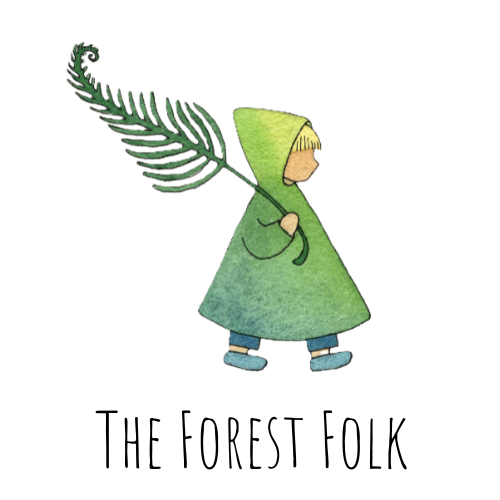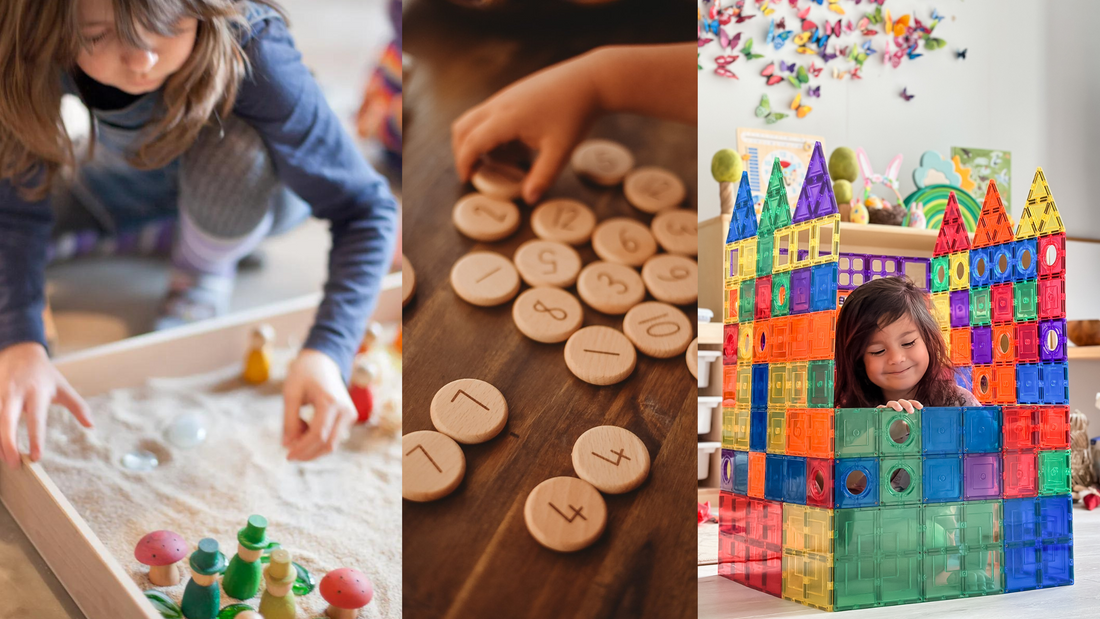Play is often seen as a break from learning, but for young children, play is a key aspect of their development and education. It is through play that children explore the world, develop essential skills, and engage in hands-on learning. Far from being a trivial activity, play lays the foundation for cognitive, social, emotional, and physical growth.
Here's a deeper look at why play is so important for young children and how it enhances their learning.
1. Play Fosters Cognitive Development.
Through play, children develop critical thinking skill, problem-solving abilities, and creativity. Whether they're building with blocks, solving puzzles, or role-playing, children use their minds to make decisions, imagine scenarios, and experiment with different outcomes. For examples:
- Imaginative play (like pretending to be a doctor or running a store) helps children practice planning, negotiating, and understanding complex social roles.
- Constructive play (such as building with blocks or creating art) enhances spatial awareness, fine motor skills, and creativity.
- Exploratory play encourages curiosity and fosters a natural interest in science and the world around them. For instance, playing in a sandbox allows children to experiment with physics concepts such as cause and effect.
2. Play Builds Social Skills
When children engage in group play, they learn how to interact with others, share, negotiate, and collaborate. These social skills are vital for building relationships and navigating the world beyond their family circle. Activities like playing house or engaging in a group game, teach children how to take turns, understand different perspectives, and work as part of a team.
Even during conflicts, play teaches valuable lessons in communication and conflict resolution. Children learn to express their feelings, listen to others, and find solutions that work for their emotional intelligence and future success.
3. Play Enhances Emotional Development
Play provides children with a safe space to express their emotions, whether it's joy, frustration, or even fear. Through imaginative play, children can explore different scenarios, practice coping mechanisms, and develop a better understanding of their emotions.
For example, a child might role-play being scared of the dark in a game but feel empowered by pretending to be brave. This helps them process their fears in a healthy way, developing emotional resilience. Free play also allows children to experience and navigate challenges at their own pace, fostering self-confidence and independence.
4. Play Supports Physical Growth
Many forms of play involve physical activity, which is crucial for developing motor skills, coordination, and overall health. Whether they're running, climbing, jumping, or even manipulating small objects like toys, children enhance both their gross and fine motor skills through play.
Outdoor play, in particular, allows children to develop balance, agility, and strength. It also instils a love for physical activity, promoting healthier lifestyles as they grow. Active play reduce stress, helps prevent childhood obesity, and boosts mood through the release of endorphins.
5. Play Encourages Language Development
Through both structured and unstructured play, children are constantly practicing language. Whether they are talking to their toys, narrating their activities, or negotiating with peers, they are expanding their vocabulary and improving their communication skills. Storytelling through play helps them understand the flow of conversation, grammar, and sentence structure.
In group play, children also learn the nuances of language, such as how to ask questions, make requests, and explain their thoughts. This is especially important for younger children, as they play it gives them a natural environment to practice language in real-world situations.
6. Play is Child-Led and Intrinsic to Learning
One of the most critical aspects of play is that it is typically child-led, meaning children have the freedom to explore, make decisions, and engage in activities that interest them. This fosters intrinsic motivation, a key element in lifelong learning. When children play, they are driven by their curiosity and enjoyment, not by external rewards or pressures. This form of self-directed learning nurtures a love for exploration and problem-solving that extends into their formal education and beyond.
7. Play as a Foundation for Academic Success
Although play may not look like traditional learning, it serves as the groundwork for academic success. Many skills that children develop through play - such as attention, self-regulation, and creative thinking - are directly transferable to the classroom. For example, a child who has developed problem-solving skills through building with blocks will likely have an easier time tackling maths problems. Likewise, children who have practiced social negotiation in play will be better prepared to work in groups during class projects.
Conclusion
Play is an essential part of early childhood development that goes beyond mere entertainment. It helps young children learn about the world, develop critical cognitive and social skills, and express themselves in a safe and imaginative environment. As parents, educators, and caregivers, it's important to encourage and provide ample opportunities for play, recognising that it is a powerful tool for learning. Through play, children grow into confident, creative, and well-rounded individuals, ready to take on the challenges of life.
In a world that often focuses on structured learning and measurable outcomes, let's remember that sometimes the most important lessons are learned through play.

